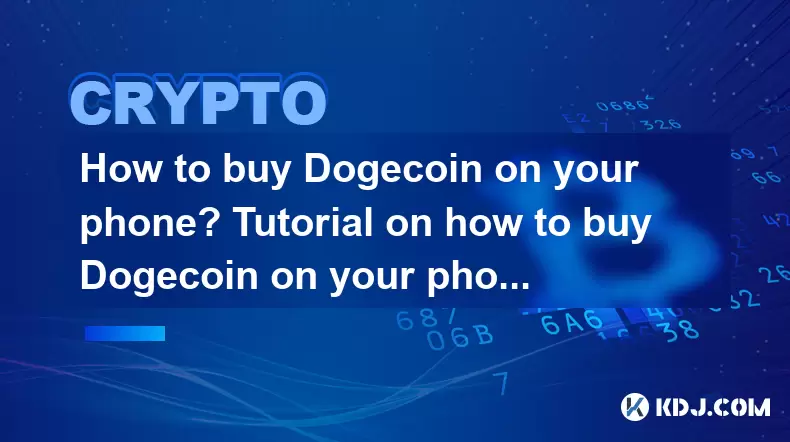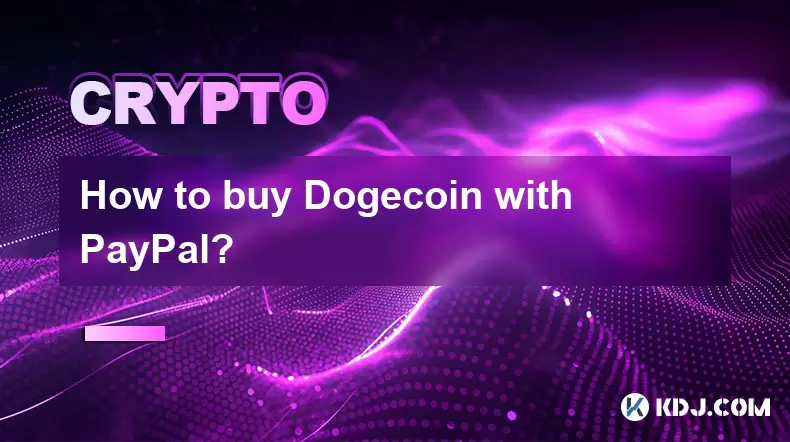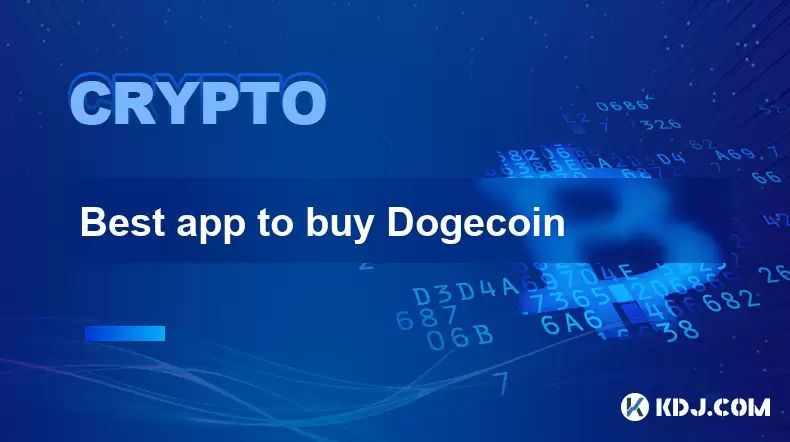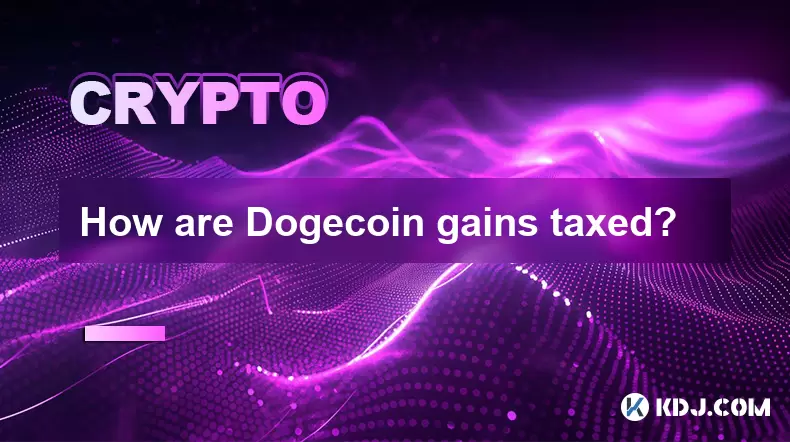-
 Bitcoin
Bitcoin $118300
1.01% -
 Ethereum
Ethereum $4215
0.69% -
 XRP
XRP $3.198
-3.83% -
 Tether USDt
Tether USDt $1.000
-0.01% -
 BNB
BNB $803.4
-0.53% -
 Solana
Solana $180.3
-0.67% -
 USDC
USDC $0.9998
-0.01% -
 Dogecoin
Dogecoin $0.2334
-1.49% -
 TRON
TRON $0.3394
0.86% -
 Cardano
Cardano $0.7980
-1.45% -
 Chainlink
Chainlink $22.19
6.65% -
 Hyperliquid
Hyperliquid $43.41
0.13% -
 Stellar
Stellar $0.4407
-3.13% -
 Sui
Sui $3.843
-2.24% -
 Bitcoin Cash
Bitcoin Cash $564.7
-3.74% -
 Hedera
Hedera $0.2588
-3.41% -
 Ethena USDe
Ethena USDe $1.001
0.00% -
 Avalanche
Avalanche $23.64
-3.37% -
 Litecoin
Litecoin $120.0
-4.01% -
 Toncoin
Toncoin $3.342
-1.11% -
 UNUS SED LEO
UNUS SED LEO $9.038
0.60% -
 Shiba Inu
Shiba Inu $0.00001347
-0.81% -
 Uniswap
Uniswap $10.69
-4.58% -
 Polkadot
Polkadot $4.034
-1.30% -
 Dai
Dai $1.000
0.01% -
 Bitget Token
Bitget Token $4.472
-1.52% -
 Cronos
Cronos $0.1571
-3.04% -
 Pepe
Pepe $0.00001207
-2.21% -
 Monero
Monero $273.8
-3.19% -
 Ethena
Ethena $0.7520
2.75%
How to buy Dogecoin on your phone? Tutorial on how to buy Dogecoin on your phone
Buying Dogecoin on your phone is easy: choose an app like Robinhood or Coinbase, set up an account, fund it, and purchase DOGE in just a few taps.
May 12, 2025 at 04:49 am

Purchasing Dogecoin on your phone is a straightforward process that can be completed in a few simple steps. This tutorial will guide you through the process of buying Dogecoin using a mobile device, ensuring you can join the cryptocurrency market with ease. Whether you're using an Android or iOS device, the steps remain largely the same, with minor variations depending on the app you choose.
Choosing a Cryptocurrency Exchange App
The first step in buying Dogecoin on your phone is to choose a reliable cryptocurrency exchange app. Some popular options include Robinhood, Coinbase, and Binance. Each of these platforms offers a mobile app that you can download from the Google Play Store or Apple App Store.
- Robinhood: Known for its user-friendly interface and zero-commission trading, Robinhood is a great choice for beginners.
- Coinbase: Offers a wide range of cryptocurrencies and is known for its security features and educational resources.
- Binance: A global exchange with a vast selection of cryptocurrencies and advanced trading features.
Downloading and Setting Up the App
Once you've chosen an exchange, download the app to your phone. Here's how to set it up:
- Open the app store on your phone and search for the chosen exchange app.
- Download and install the app.
- Open the app and follow the prompts to create an account. You'll need to provide personal information such as your name, email address, and phone number.
- Verify your identity by uploading a photo of your government-issued ID and a selfie. This step is required for compliance with Know Your Customer (KYC) regulations.
Funding Your Account
After setting up your account, you'll need to fund it to buy Dogecoin. Here's how to do it:
- Navigate to the "Deposit" or "Funds" section of the app.
- Choose your preferred payment method. Options typically include bank transfers, credit/debit cards, or even PayPal on some platforms.
- Enter the amount you wish to deposit and follow the prompts to complete the transaction. Note that deposit times can vary depending on the method chosen.
Buying Dogecoin
With funds in your account, you're ready to buy Dogecoin. Here's how to do it:
- Go to the "Trade" or "Buy/Sell" section of the app.
- Search for Dogecoin (DOGE) in the list of available cryptocurrencies.
- Enter the amount of Dogecoin you want to buy or the amount of money you want to spend.
- Review the transaction details, including any fees, and confirm the purchase.
- The Dogecoin will be credited to your account once the transaction is complete.
Storing Your Dogecoin
After purchasing Dogecoin, you'll need to decide how to store it. Most exchanges offer a built-in wallet, but for added security, you might consider transferring your Dogecoin to a private wallet. Here's how to do it:
- If using the exchange's wallet, your Dogecoin will be stored automatically.
- To transfer to a private wallet, you'll need to generate a wallet address from your private wallet app.
- Go to the "Withdraw" or "Send" section of the exchange app.
- Enter the wallet address and the amount of Dogecoin you want to transfer.
- Confirm the transaction, and your Dogecoin will be sent to your private wallet.
Security Tips for Buying Dogecoin on Your Phone
When buying Dogecoin on your phone, it's important to take steps to protect your investment. Here are some security tips:
- Use strong, unique passwords for your exchange account and enable two-factor authentication (2FA).
- Keep your phone's software up to date to protect against vulnerabilities.
- Be cautious of phishing attempts and never share your private keys or wallet addresses with anyone.
- Regularly monitor your account for any unauthorized activity and report any issues to the exchange immediately.
Frequently Asked Questions
Q: Can I buy Dogecoin on my phone without an exchange app?
A: While it's possible to buy Dogecoin through peer-to-peer platforms or decentralized exchanges, using a reputable exchange app is generally the most straightforward and secure method for beginners.
Q: How long does it take to buy Dogecoin on my phone?
A: The time it takes to buy Dogecoin can vary depending on the payment method and the exchange's processing times. Bank transfers can take several days, while credit/debit card transactions are usually faster, often completing within minutes.
Q: Are there any fees associated with buying Dogecoin on my phone?
A: Yes, most exchanges charge fees for buying and selling cryptocurrencies. These fees can vary, so it's important to check the fee structure of the exchange you're using before making a purchase.
Q: Can I sell Dogecoin on my phone as easily as I can buy it?
A: Yes, selling Dogecoin on your phone is just as easy as buying it. Simply navigate to the "Trade" or "Buy/Sell" section of the app, select Dogecoin, enter the amount you want to sell, and confirm the transaction.
Disclaimer:info@kdj.com
The information provided is not trading advice. kdj.com does not assume any responsibility for any investments made based on the information provided in this article. Cryptocurrencies are highly volatile and it is highly recommended that you invest with caution after thorough research!
If you believe that the content used on this website infringes your copyright, please contact us immediately (info@kdj.com) and we will delete it promptly.
- Gemini AI's Crypto Crystal Ball: Predicting 1000x Gains with Meme Coins?
- 2025-08-11 02:50:12
- Cold Wallet Crypto Presale: Your Price Edge in the Wild West of Crypto
- 2025-08-11 02:50:12
- Lil Pepe: The Undervalued Meme Coin Set to Explode in 2025?
- 2025-08-11 02:30:12
- MoonBull, Crypto Trends, and Meme Culture: Navigating the Hype in 2025
- 2025-08-11 02:30:12
- BlockchainFX, Crypto Presale, Bitcoin Hyper: The NY Perspective on 2025's Hottest Crypto
- 2025-08-11 01:10:14
- Cold Wallet, Crypto Presales, and ROI Potential: A New Yorker's Take
- 2025-08-11 01:10:14
Related knowledge

Bitcoincoin burning mechanism
Jul 20,2025 at 09:21pm
What is the Dogecoin burning mechanism?The Dogecoin burning mechanism refers to the process of permanently removing DOGE tokens from circulation by se...

How to earn free Bitcoincoin?
Jul 19,2025 at 10:08pm
What is Dogecoin and Why Earn It?Dogecoin (DOGE) started as a meme-based cryptocurrency in 2013 but has grown into a widely recognized digital asset. ...

Is Coinbase a good wallet for Bitcoincoin?
Jul 19,2025 at 04:42pm
Understanding Coinbase as a Wallet Option for DogecoinWhen considering where to store Dogecoin, Coinbase is often mentioned as a potential option due ...

How to buy Bitcoincoin with PayPal?
Jul 23,2025 at 06:57am
Understanding the Basics of Buying DogecoinBefore diving into the process of buying Dogecoin with PayPal, it’s essential to understand what Dogecoin i...

Best app to buy Dogecoin
Jul 23,2025 at 03:08pm
What Is a Cryptocurrency Exchange and How Does It Work?A cryptocurrency exchange is a digital marketplace where users can buy, sell, or trade cryptocu...

How are Dogecoin gains taxed?
Jul 25,2025 at 07:01am
Understanding the Taxation of Dogecoin GainsWhen it comes to Dogecoin (DOGE), many investors are drawn to its meme-inspired branding and volatile pric...

Bitcoincoin burning mechanism
Jul 20,2025 at 09:21pm
What is the Dogecoin burning mechanism?The Dogecoin burning mechanism refers to the process of permanently removing DOGE tokens from circulation by se...

How to earn free Bitcoincoin?
Jul 19,2025 at 10:08pm
What is Dogecoin and Why Earn It?Dogecoin (DOGE) started as a meme-based cryptocurrency in 2013 but has grown into a widely recognized digital asset. ...

Is Coinbase a good wallet for Bitcoincoin?
Jul 19,2025 at 04:42pm
Understanding Coinbase as a Wallet Option for DogecoinWhen considering where to store Dogecoin, Coinbase is often mentioned as a potential option due ...

How to buy Bitcoincoin with PayPal?
Jul 23,2025 at 06:57am
Understanding the Basics of Buying DogecoinBefore diving into the process of buying Dogecoin with PayPal, it’s essential to understand what Dogecoin i...

Best app to buy Dogecoin
Jul 23,2025 at 03:08pm
What Is a Cryptocurrency Exchange and How Does It Work?A cryptocurrency exchange is a digital marketplace where users can buy, sell, or trade cryptocu...

How are Dogecoin gains taxed?
Jul 25,2025 at 07:01am
Understanding the Taxation of Dogecoin GainsWhen it comes to Dogecoin (DOGE), many investors are drawn to its meme-inspired branding and volatile pric...
See all articles

























































































